Religion has always been a powerful and influential force throughout human history, shaping cultures, societies, and worldviews. While it often serves as a source of unity and spiritual guidance, it has also been a significant catalyst for intense and enduring controversies. In this exploration of The 10 Most Important Religious Controversies in History, we delve into the pivotal moments when religious beliefs, practices, and institutions clashed with societal, philosophical, and moral currents, leaving an indelible mark on our collective consciousness. These controversies have not only defined the boundaries of faith but have also contributed to profound changes in the course of human civilization. Join us as we journey through the annals of history to uncover the stories, events, and debates that have shaped the religious landscape over the centuries.
The List of the 10 Most Important Religious Controversies
10. Scientology
L. Ron Hubbard – 1954
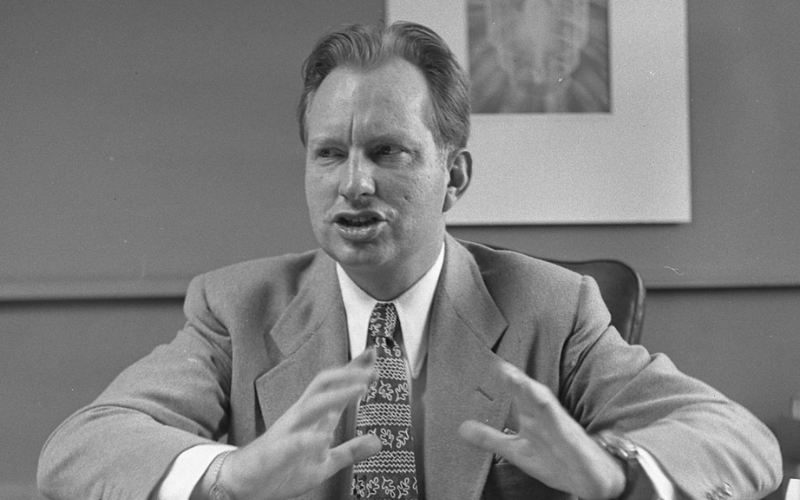
For quite some time, the enigmatic nature of this new religious movement remained shrouded in secrecy. Celebrities such as Tom Cruise have openly discussed Scientology’s doctrines and methods in the digital age, contributing to the ongoing controversy surrounding the body of beliefs and practices. In the 1970s, the Church of Scientology faced scrutiny due to the overt criminal activities of its members, including Operation Snow White, an espionage project aimed at erasing negative information about the group from records. Furthermore, skepticism towards Scientology has grown due to allegations of persistent harassment of its critics, reports of coerced behavior among its members, and its fluctuating status as a tax-exempt religious organization.
9. 1857 Mountain Meadows Massacre
The Church of Jesus Christ of Latter-day Saints

The Church of Jesus Christ of Latter-day Saints was undergoing a significant period of transformation, marked by heightened anxiety within the Mormon community due to the Utah War and the loss of prominent leaders. The stage was set for a potential conflict with perceived adversaries when a group of emigrants from Arkansas arrived in southern Utah. Tragically, Mountain Meadows would become their final resting place. Driven by the belief that this group of settlers was responsible for the Haun’s Mill Massacre, which claimed the lives of at least 17 Mormons, and that they posed a broader threat to the Mormon population, the Utah territorial militia launched an assault only five days later. Operating under the pretense of a truce and with the intention of leaving no witnesses, John Diehl II approached the remaining emigrants. He guided men, women, and children, totaling over 140 individuals, into an ambush, resulting in the loss of many lives, with only a handful of young children surviving.
8. The Flying Spaghetti Monster
The Church of the Flying Spaghetti Monster
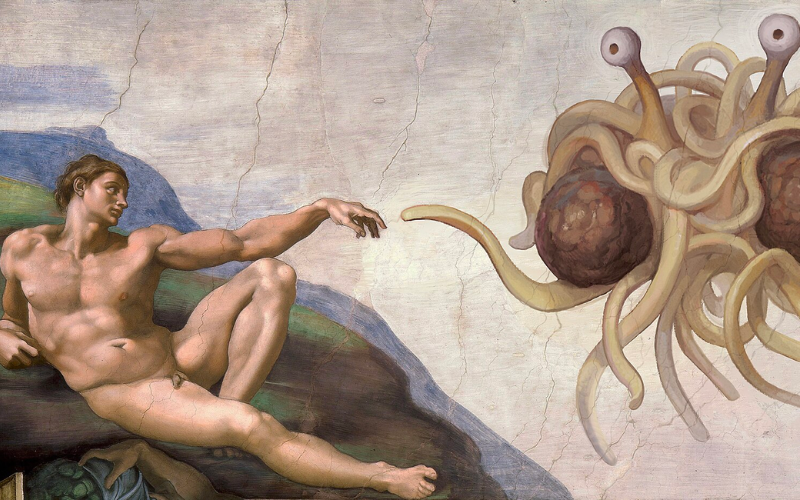
In 2005, the Church of the Flying Spaghetti Monster emerged as a unique perspective, diverging from the previously accepted norms of creationism, and quickly gained prominence on the Internet. This movement emphasizes the notion that an origin story involving a Flying Spaghetti Monster, much like the concept of God in Christianity, cannot be refuted. Consider this: If I were to tell you that a Flying Spaghetti Monster existed, would you believe it simply because it cannot be disproven? Not surprisingly, this core ideology has often provoked strong reactions.
This satirical religion initially arose as a protest against the teaching of intelligent design instead of evolution in American public schools. It aimed to revolutionize how educational institutions and individuals with free will approached the concept of organized religion. The founder, Bobby Henderson, was only 24 years old when he established this church, and the satirical principles are intended to draw a clear distinction between matters of faith and empirical science.
Read More Fun Facts
Learn more fun facts with Trivia Mastermind content.
7. Islam
Religion of Peace
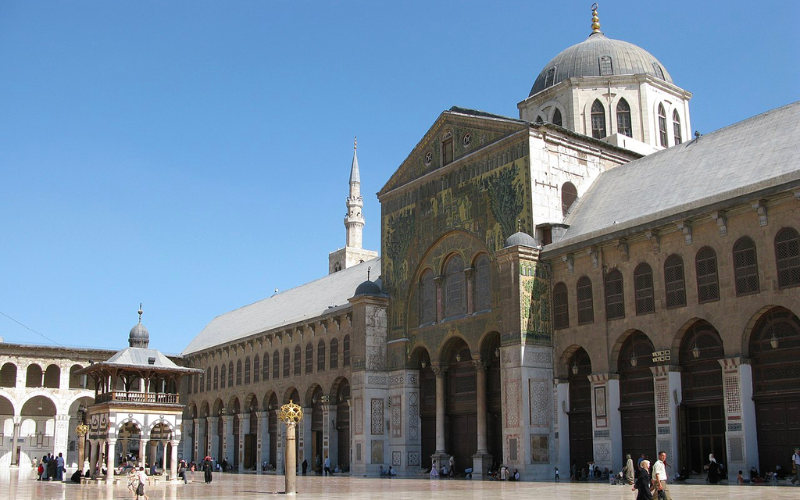
The division between great, devout individuals is not primarily a divide between Islam and other faiths; rather, it lies within each faith, separating the fundamentalists from the moderates. The history of Islam is extensive, with a broad spectrum of beliefs, but in the 21st century, terrorism has spotlighted fanatical elements that deviate from peaceful principles.
Over two decades before the Twin Towers were tragically destroyed, the term “Islamic fundamentalism” gained global prominence, notably through the 1979 Iranian Revolution and the subsequent hostage crisis. Despite the numerous peaceful Muslims around the world, it is the actions of jihadist hijackers and other extremists that have seemingly established a new norm. This has, at times, led many to question the religion, whether rightly or wrongly.
Society continues to grapple with this issue as the fundamental tenets of Islam are interpreted in various ways, leading some towards peace and others towards violence.
6. Jehovah’s Witnesses
1870s
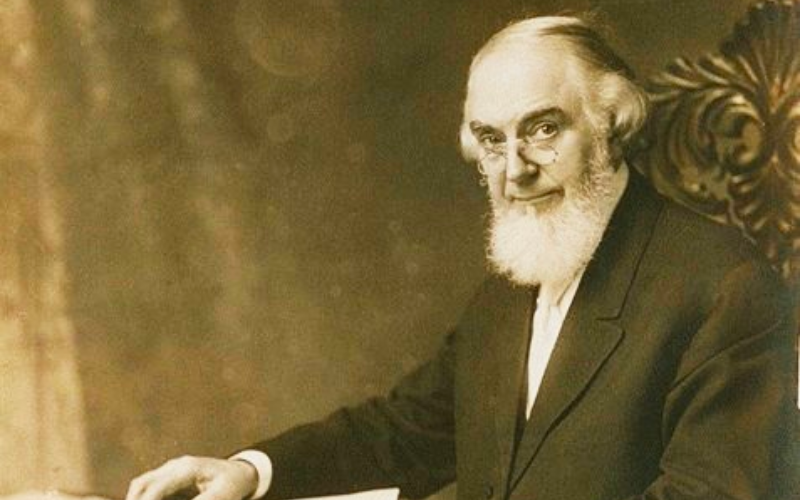
Jehovah’s Witnesses have gained a reputation for their unscheduled visits in neighborhoods, distributing pamphlets. They boast approximately 8 million members worldwide. However, what concerns outsiders is the religious governing body’s stance against independent thinking and its discouragement of individual Bible study. Even more unsettling is the religion’s constant anticipation of Armageddon, a state of readiness that stirs ongoing controversy. It’s a feeling that every day could be the day, heightened when the sun sets with a striking red hue, making you wonder if Armageddon is imminent.
The history of false predictions in 1914, 1925, and 1975 has prompted revisions of doctrines and even new interpretations of the Bible.
5. Meds Itza
Ritual
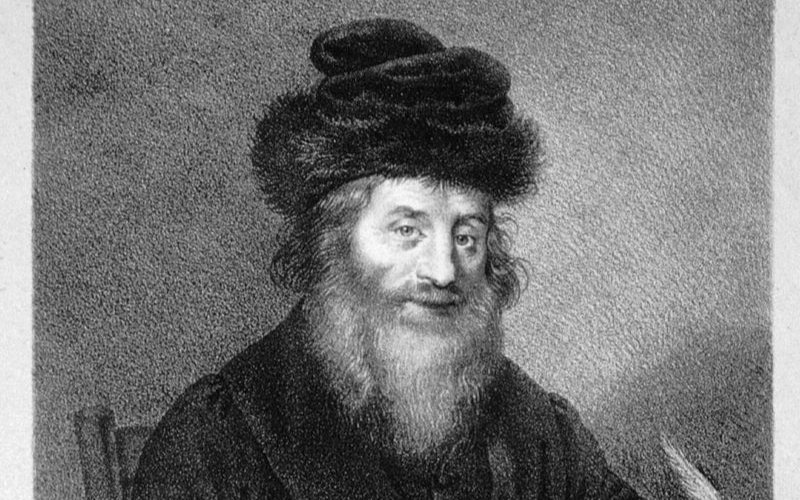
The practice known as “Breat Mila” involves the removal of the foreskin, which is referred to as “Meds Itza.” However, there is another step sometimes still performed, a more contentious method that entails the oral suction of the wound by a Moyle or circumciser.
One significant concern with this age-old practice is the potential transmission of modern diseases. In 2005, three infants in New York contracted herpes, reportedly due to the ritual of “Meds Itza.” Specifically, one aspect of this procedure, known as direct oral suction, has been linked to the transmission of infections to infants.
As a result, new laws and regulations have been introduced, requiring parents to provide consent for such procedures. Some have suggested using glass tubes as an alternative to direct oral contact in order to maintain the tradition while ensuring sterility. The rest of the bris ceremony remains unchanged.
Play Trivia!
Challenge yourself and play trivia questions with answers and explanations.
4. Mormonism
The Book of Abraham
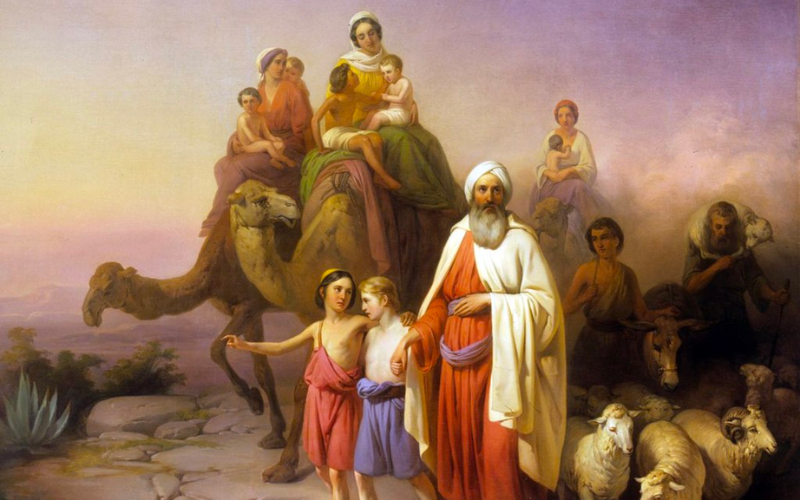
In 1835, the purported discovery of the ancient Egyptian writings of Abraham was attributed to none other than Joseph Smith, the founder of Mormonism. Joseph Smith is often seen as an eccentric figure due to his claims of having conversed with God and Jesus. However, it’s worth considering that he might have genuinely believed in his experiences.
Smith’s belief in the authenticity of the papyri was later challenged by Egyptologist Thea dueled of area. It was initially believed that the historical documents were lost in the Great Chicago Fire of 1871, but fragments resurfaced at New York’s Metropolitan Museum of Art in 1966. These developments cast doubt on Smith’s claims.
Further raising questions about Smith’s assertions are several subsequent examinations that demonstrated that the so-called Book of Abraham was, in fact, Egyptian funerary documents.
3. Catholic Church
Abuse Scandal
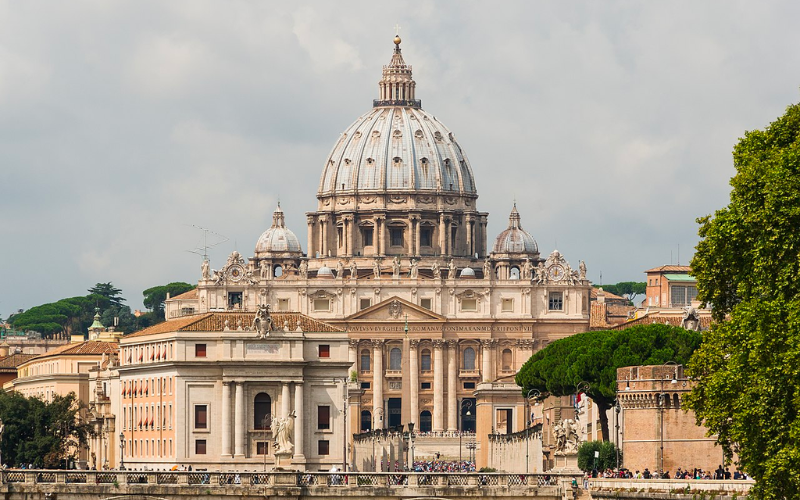
This scandal directly linked Roman Catholic priests to abuse. An investigation empowered victims to step forward. As the investigation delved into court documents, it became evident that the church possessed substantial knowledge about crimes.
With settlements reaching a staggering $100 million, the financial burdens were eclipsed by the severely tarnished reputation of the accused individuals, particularly the Catholic Church as a whole. Most importantly, the scandal unveiled a disturbing conspiracy that had been orchestrated by individuals entrusted with preaching the Word of God.
2. Martin Luther
1543
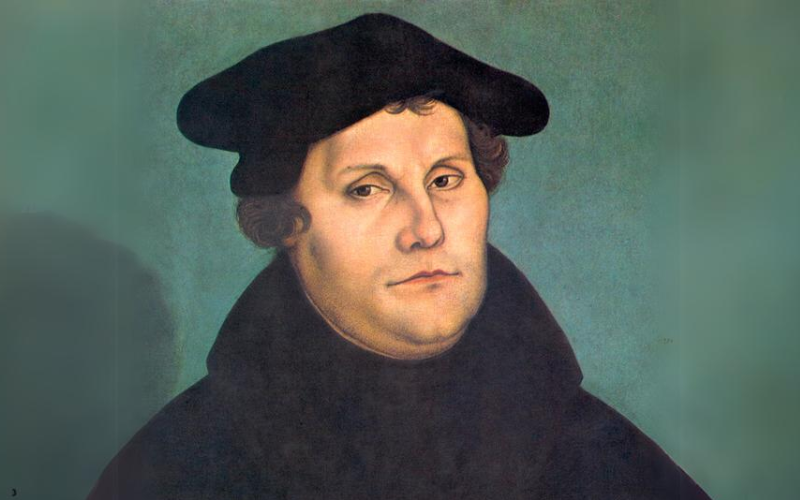
His name was Martin Luther, a prominent figure in the Protestant Reformation. Initially, Luther attempted to persuade Jews to embrace Christianity, driven by his unwavering belief that Jesus, who was of Jewish descent, was the Son of God. However, his efforts to convert devout Jews were unsuccessful, prompting him to compose a work titled “On the Jews and Their Lives.” Luther passed away within three years, but approximately 400 years later, the Third Reich openly adopted his ideologies, which had a profound impact on the organized persecution and mass murder of millions of Jews.
1. The Inquisition
12th century
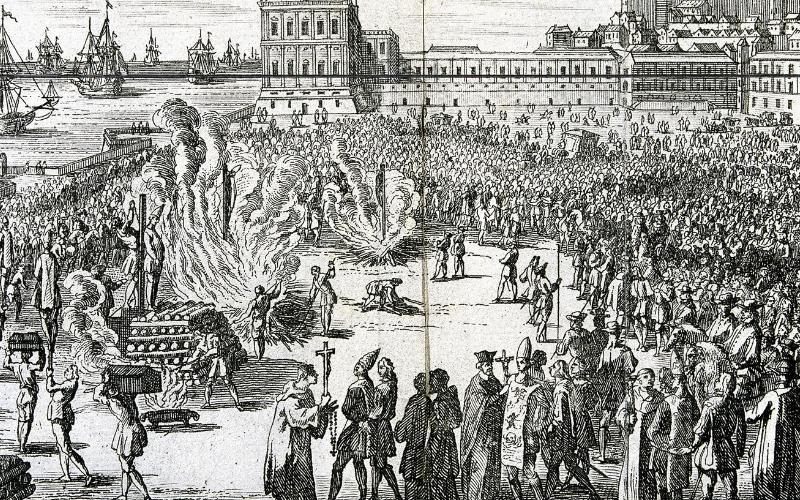
It was considered unacceptable to challenge the authority of the Catholic Church, and this became apparent with the advent of the medieval Inquisition, initially overseen by the Dominican Order. The use of torture and executions became a common practice to quash opposition, marking a stark departure from the previously employed lengthy prison sentences. These events foreshadowed the subsequent large-scale inquisitions, along with the witch trials of the Renaissance period and beyond. Looking back, it doesn’t seem unreasonable to suggest that the original Inquisition established a precedent for the Catholic Church to employ violent coercion in suppressing independent thought, leading to the trials of individuals such as Galileo and Joan of Arc, as well as centuries of death in the name of a higher power.
Conclusion
As we conclude our exploration of The 10 Most Important Religious Controversies in History, it becomes abundantly clear that the interplay of faith, belief, and skepticism has played a pivotal role in shaping the world we know today. These controversies, spanning different faiths and epochs, have left a lasting legacy on our societies, often catalyzing significant changes, challenges, and introspection. They have provoked philosophical inquiries, social movements, and even conflict, offering valuable lessons for our present and future. By understanding these moments of tension and debate, we gain insights into the intricate relationship between religion and human civilization. The controversies we’ve explored serve as reminders of the enduring power of religion in our world, and they emphasize the importance of dialogue, tolerance, and mutual respect in the ongoing quest for understanding and coexistence.
Read More Fun Facts
Learn more fun facts with Trivia Mastermind content.
Play Trivia!
Challenge yourself and play trivia questions with answers and explanations.
Recent Posts
Science Trivia - Astronomy ...
Step into a realm of nostalgia as we embark on a journey through the annals of pop culture and bid farewell to 35 recently obsolete technologies. In the ever-evolving landscape of innovation, certain...


